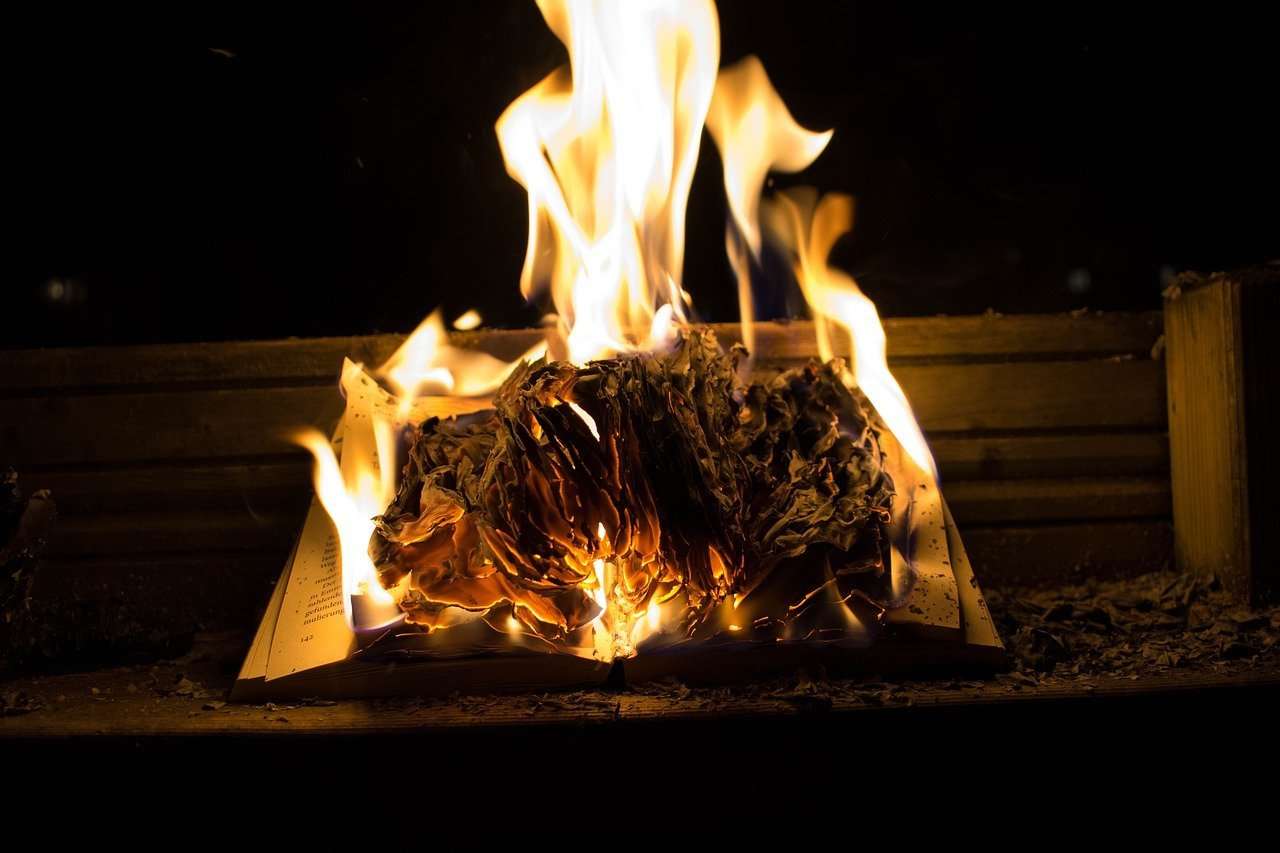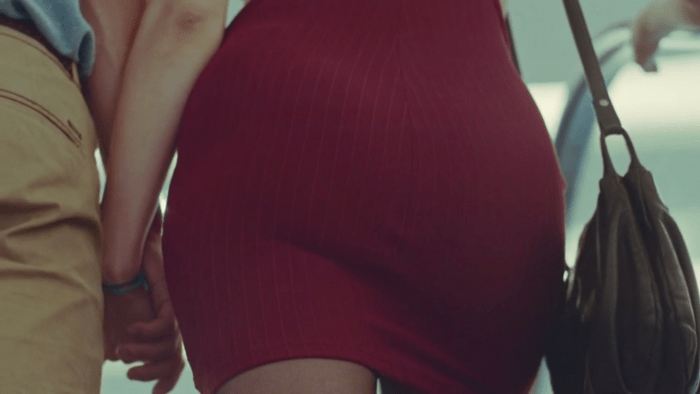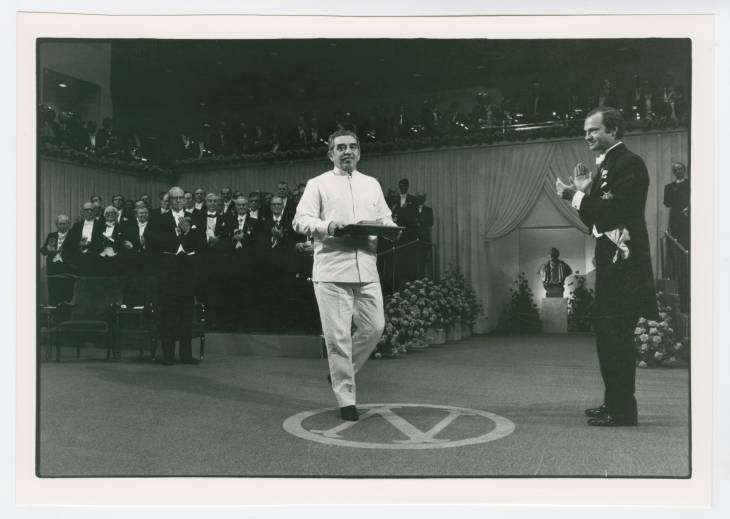In 2009, I decided to do something meaningful before starting my (meaningless) obligatory military service: I went for two weeks to a work camp in Sicily. Along with around ten other volunteers from Canada, Russia, Taiwan, Korea, Canada, and Spain, we were trained by a professional team as social clowns.
Social clowning is a form of entertainment that uses humor and playfulness to connect with people and promote social change. It’s about bringing joy and laughter to those who need it most, like refugees, hospital patients, and marginalized communities.
We were scheduled to perform, sometimes twice per day, in squares, hospitals, nursing homes, schools for autistic children, and in a refugee “hosting” center.
The last visit, at the refugee camp, was the most difficult one. We didn’t know what to expect. We were a bunch of young people with red noses and funny clothes doing silly things in front of an African male-dominated audience. They were staring expressionless, as if their stay at that refugee center, for two or even three years for some, had deprived them of the ability to laugh or even smile.
How did we think we could entertain these people, with their desperate hopes trapped behind four walls?
Our performance lasted about half an hour. Every minute that passed, we all loosened up more. Without realizing it, we started to improvise strong music with makeshift instruments and drums. A blend of western and African sounds. It could have been total chaos, but it was as rhythmic as if we had rehearsed it beforehand. Despite our diverse backgrounds, we all shared the need to communicate through a common language.
Without any warning, without any coordination, the show had become collective. I never understood how it happened, and I didn’t care either. I was just as happy as the people around me, audience members and clowns. We were one; people separated by our origin, color, religion, language, but united by the purity of our souls, which thirsted for beauty. I would feel the same magic three years later, in the London mental health clinic I worked at the time.
One hour later, the clowns had separated into small groups and were in conversations with the refugees. I spoke good Italian, which they had also learned during their long stay in there. They told me about their daily routine in that Kafkaesque prison, which punished them for the crime of seeking a better life. I heard about their relatives in European countries that waited to host them whenever Italy allowed them to leave. They didn’t know why they were still there. Their days felt like a vicious and endless circle.
I had never wondered whether they were refugees or immigrants. This is a new dilemma for people who skillfully draw a dividing line between poverty and destitution. Even if they were immigrants, after two years in a “reception” center, don’t you become a refugee?
I know that the situation is not as straightforward as my mind may make it out to be. Yet, I know this for sure: people are people. Whatever happens to them, they remain people, but when you push them to the limit, they react.
Long stays in refugee camps creates severe uncertainty about the future, which leads to mental health problems. These include PTSD, major depression, generalized anxiety, panic attacks, adjustment disorder, and somatization.
Becoming a social clown for two weeks was one of the most meaningful experiences in my life. At times, I felt I was leaving my body, I was becoming someone else; in that sense, it became an almost spiritual experience as well.
What struck me every time was the profound human need for connection and communication. As a social clown, my role was to break down social barriers and connect with people on a deeper level. I think I was successful in it. It was heartening to spread happiness and kindness to those who needed it most. However, leaving the camp, I couldn’t shake off the depressive feeling that the next day for those migrants would be just like all the others before it. Laughter and music are powerful; but unfortunately, sometimes they are not enough.





